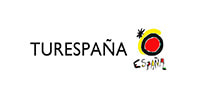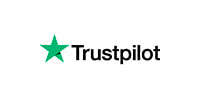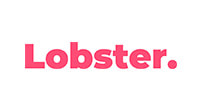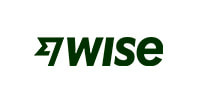|
Choosing the right school for a child or a teenager is indeed a crucial decision, involving family convictions, the child's personality, and local school insights. January and February are the perfect months to research the best fit for your children as the school enrolment procedure starts on the 1st of March for a large part of the country.
The Spanish education system is divided into several levels: Infant Education (Educación Infantil):
One of the unique aspects of the Spanish education system is the country's linguistic diversity. The official language is Spanish or Castilian Spanish, which is spoken by all citizens. However, certain Autonomous Communities have their own official language in addition to Spanish. Catalan is spoken in Catalonia, Galician in Galicia, and Basque in the Basque Country and part of Navarre. As a result, the language of instruction can vary significantly across regions. In Catalonia, for example, education is primarily conducted in Catalan, while in Andalusia, Spanish is the dominant language. Catholic religion at school Religion has historically played a significant role in Spanish education. However, recent reforms have made religious education optional, and students can choose to take either religious or secular ethics courses. This change reflects the country's growing secularization and commitment to respecting diverse beliefs. three different types of schooling are available: State, concertado (charter), and private. The government funds state and charter schools. Families only pay for lunches and additional activities with the exception of an affordable monthly fee, the 'cuota voluntaria', for concertado schools. Público (state schools) More common in villages and small towns, las Escuelas Publicas were mainly created at the beginning of the 20th century. Pupils' achievement in state schools is, as anywhere else, very much linked to family engagement and sociocultural factors. So, strong parent association will be a sign of a high level of engagement by the families. Concertado (charter schools). For families seeking a more traditional or religious education, concertado schools with Catholic philosophies may align well with their values. The concertados used to be private schools that the government started funding in the 1980s when more places at schools were needed, but the government couldn't finance the necessary investment. Nowadays, in Andalusian cities, you'll find a wider choice of Concertados than public schools. Most of the Concertados require uniforms for their pupils. They follow the same Spanish curriculum. Private Schools are fee-paying schools and are becoming increasingly popular in Spain. Often bilingual (Spanish / English), and sometimes international ( following a foreign curriculum), private schools are also all the alternative pedagogies like Montessori, Waldorf, or Regio-Emilia. They are often located on the outskirts of cities but are easily reachable thanks to school bus services. extracurricular activities Spanish schools place a strong emphasis on extracurricular activities, encompassing sports, music, arts, and clubs. These activities are considered essential for the holistic development of students and contribute significantly to their overall educational experience. Timeline for school enrollment The application period is between March and May for public and concertado schools, according to where in Spain we're applying. In Andalusia, the applications for a September start will be submitted to your first-choice school between the 1st and the 31st of March. Enrollment with the school takes place in the first week of June for primary schools. Whether you're a student, a parent, or just curious, now you know a bit more about how school works under the Spanish sun! ¡Adiós for now!
0 Comments
The most exciting part of organizing a move to Spain is deciding where you'll live. It can also be daunting when you've never visited the country and live thousands of miles away. So, if you're free to choose, here are some things to take into account:
|
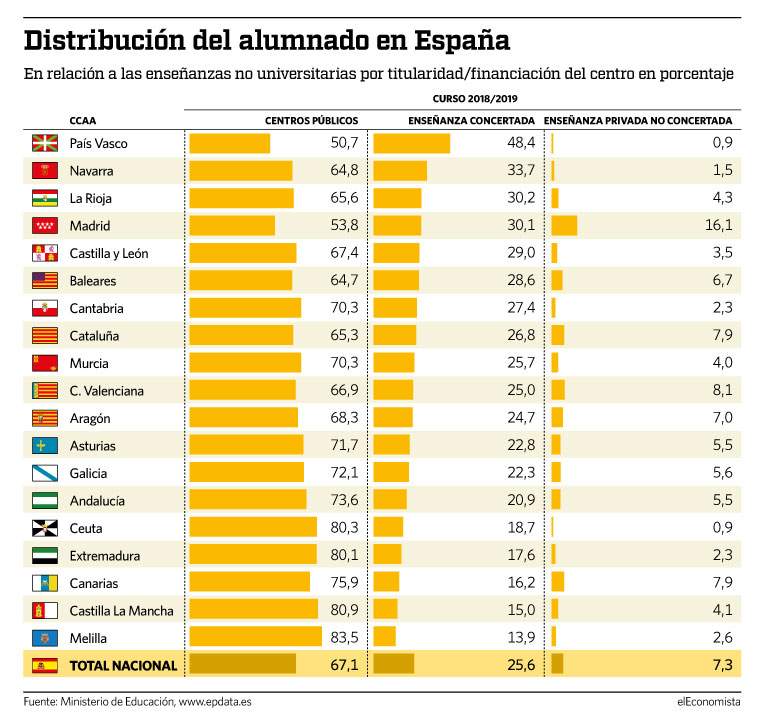
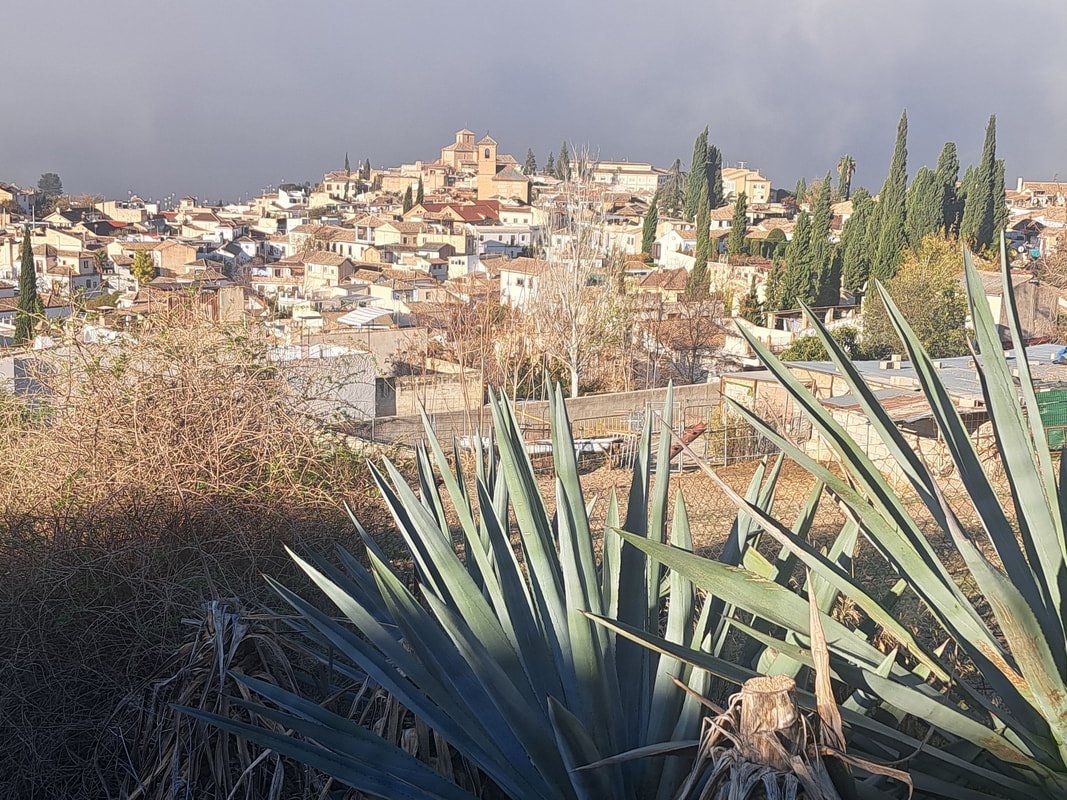
 RSS Feed
RSS Feed
